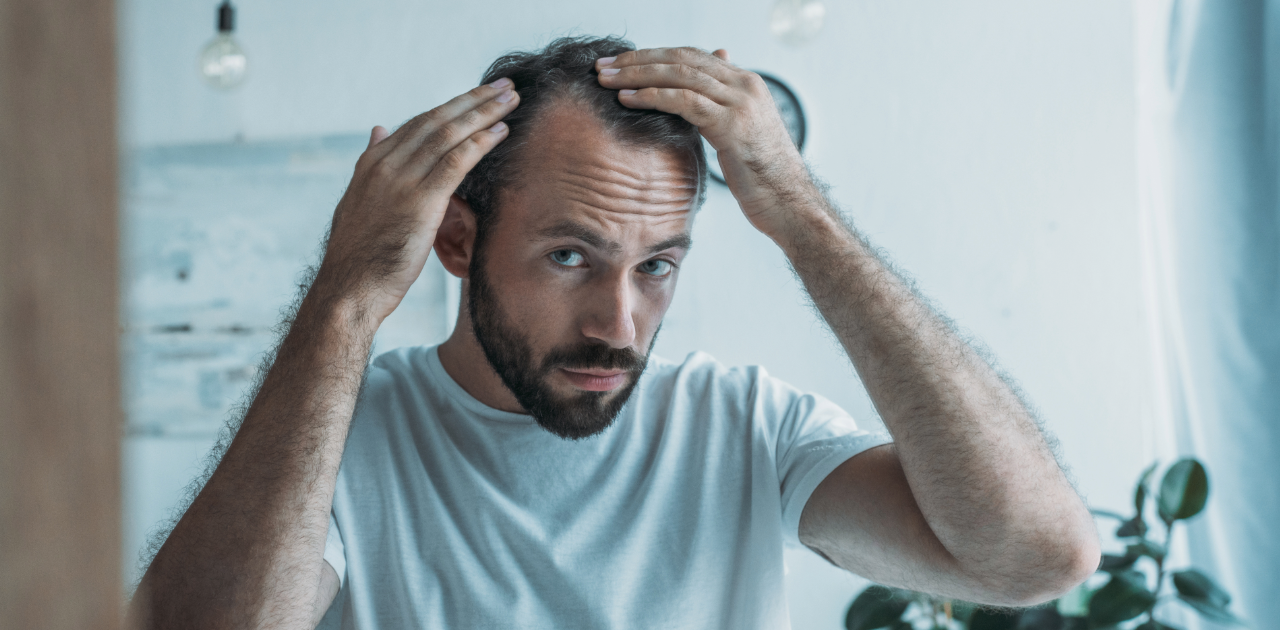Unpacking Hair Loss: Effective Treatments for Regrowth
Hair loss is a common concern that affects millions of people worldwide. It can be a source of stress and anxiety, impacting self-esteem and confidence. At All Dermatology, we understand the importance of addressing hair loss with effective treatments. In this blog, we will explore various hair loss treatments, highlighting what works and what doesn’t, to help you make informed decisions about managing hair loss.
Understanding Hair Loss
Hair loss, or alopecia, can occur for various reasons, including genetics, hormonal changes, medical conditions, and lifestyle factors. It’s crucial to understand the underlying cause of hair loss to determine the most effective treatment. Common types of hair loss include:
- Androgenetic Alopecia (Male/Female Pattern Baldness): The most common type of hair loss, caused by genetics and hormones.
- Alopecia Areata: An autoimmune condition where the immune system attacks hair follicles, leading to patchy hair loss.
- Telogen Effluvium: Temporary hair loss due to stress, illness, or hormonal changes.
- Traction Alopecia: Hair loss caused by tight hairstyles that pull on the scalp.
Effective Hair Loss Treatments
There are several treatments available for hair loss, ranging from medications to surgical procedures. Here’s a look at what works:
Medications like Minoxidil (Rogaine) Finasteride (Propecia) and Spironolactone are commonly prescribed for hair loss. Minoxidil is an over-the-counter topical treatment that stimulates hair growth and slows hair loss. Suitable for both men and women, it is applied directly to the scalp. It is also available as an oral medication by prescription. Finasteride, is a prescription oral medication for men and occasionally women that reduces hair loss by inhibiting the hormone DHT, which is responsible for shrinking hair follicles. Spironolactone is used effectively for female pattern baldness. All three medications have been proven effective in promoting hair regrowth and preventing further loss.
Platelet-Rich Plasma (PRP) therapy is another promising treatment for hair loss. This procedure involves injecting your own platelet-rich plasma into the scalp to stimulate hair growth. The growth factors in PRP promote healing and regeneration in the hair follicles, leading to increased hair density and thickness. Many patients have experienced significant improvement in hair growth with PRP therapy.
Hair transplant surgery is a more permanent solution for hair loss. This procedure involves moving hair follicles from a part of the scalp with dense hair to areas with thinning or no hair. Techniques like Follicular Unit Transplantation (FUT) and Follicular Unit Extraction (FUE) are commonly used and can provide natural-looking results. The transplanted hair continues to grow naturally, offering a long-term solution to hair loss.
Low-Level Laser Therapy (LLLT) is a non-invasive treatment that uses red light wavelengths to stimulate hair growth. LLLT increases blood flow and energy production in the hair follicles, promoting hair regrowth. This treatment can be done at home using devices like laser caps or combs, making it convenient for patients to incorporate into their daily routine.
Treatments That May Not Be Effective
While there are many products and treatments advertised for hair loss, not all of them are effective. Herbal supplements and vitamins are often marketed as hair loss solutions, but many lack scientific evidence to support their efficacy. While a balanced diet and certain vitamins (like biotin and vitamin D) are essential for overall hair health, over-the-counter supplements may not provide significant benefits in treating hair loss.
Essential oils are another popular remedy for hair loss, but there is limited scientific evidence to support their effectiveness. While some essential oils may help with scalp health and hair conditioning, they are unlikely to reverse significant hair loss.
Many shampoos and conditioners claim to prevent hair loss or promote hair growth. While they can improve the health of your scalp and hair, they are unlikely to address the root cause of hair loss effectively. These products may provide temporary benefits, but they are not a substitute for proven medical treatments.
Practical Tips for Managing Hair Loss
- Consult a Dermatologist: Before starting any treatment, it’s essential to consult a dermatologist to determine the cause of your hair loss and get personalized recommendations.
- Be Patient: Hair loss treatments often take time to show results. Be consistent with your treatment plan and give it several months to see improvements.
- Maintain a Healthy Diet: A balanced diet rich in vitamins and minerals supports overall hair health. Include foods high in protein, iron, and omega-3 fatty acids.
- Avoid Tight Hairstyles: Traction from tight hairstyles can cause hair loss. Opt for looser styles that don’t put stress on your scalp.
- Practice Gentle Hair Care: Avoid harsh treatments like excessive heat styling and chemical processing. Use gentle shampoos and conditioners and be careful when brushing wet hair.
Hair loss can be a challenging condition, but with the right approach, it is possible to manage and even reverse it. At All Dermatology, we offer a range of effective treatments to address hair loss and help you regain your confidence. If you’re experiencing hair loss, schedule a consultation with our expert dermatologists. We can help you identify the cause and develop a personalized treatment plan that works for you.



